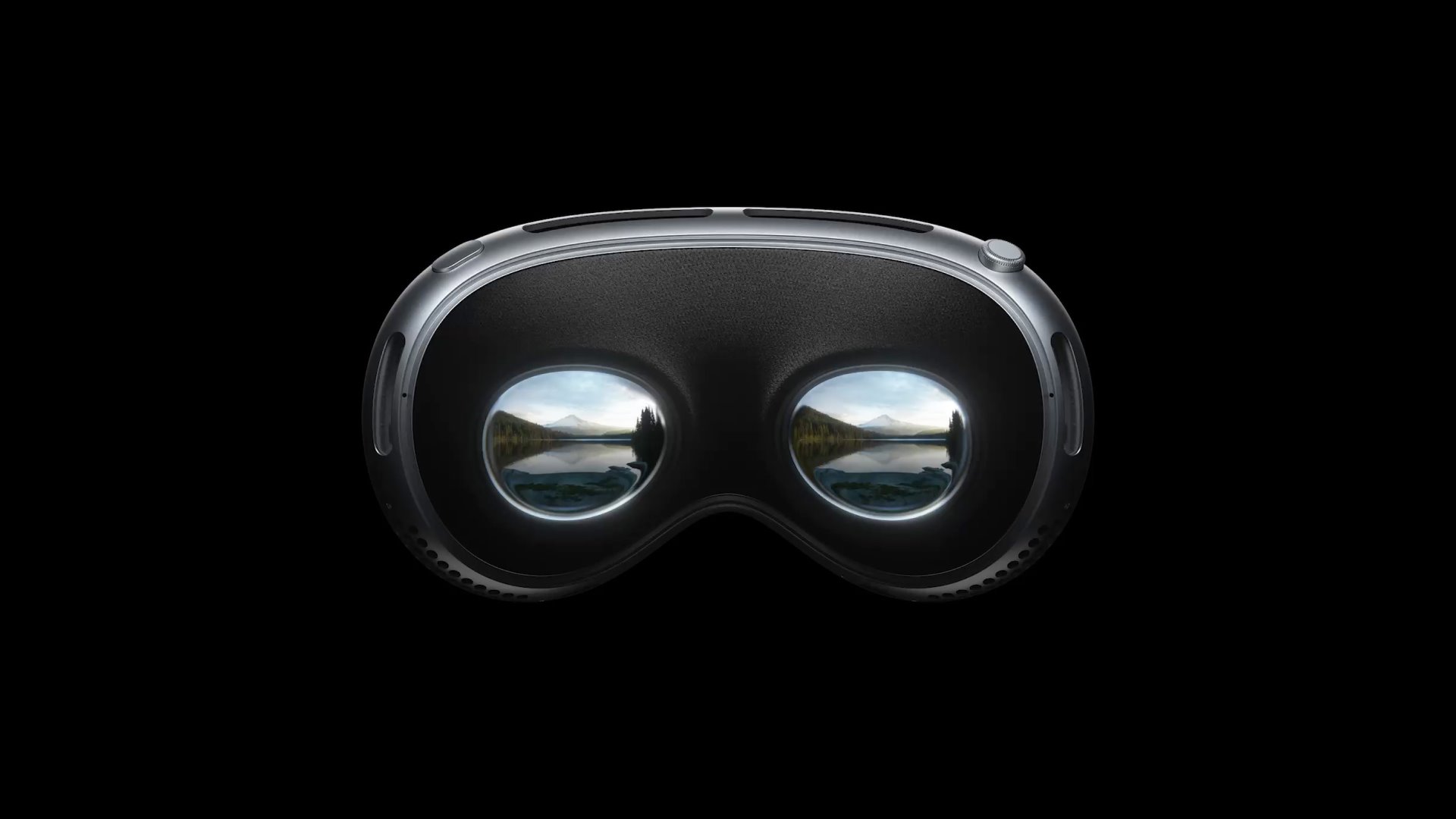The team at Strivr recently sat down with corporate learning and talent management consultant, Josh Bersin, to chat about the future of the global HR landscape. Read on as Josh indulges our request to pick his brain and give us some much needed insight on the practicalities of using Immersive Learning and Virtual Reality to entice more people back to their jobs.
Q: What’s changing about the frontline workforce, and why is it important?
Josh: Let’s be clear… The Great Resignation mostly involves the frontline workforce. As many as 60-70% of the entire workforce is in these frontline jobs.
These are the workers who are in the highest demand and are doing jobs that create high amounts of stress. Many of the job shortages that are happening are in the areas of leisure, hospitality, logistics, healthcare, and transportation. These encompass hourly, non-desk-oriented jobs. People are moving around as quickly as the pace of change in their jobs. What does it mean to work in McDonald’s today versus a year ago?
This semi-skilled or under-trained workforce has been largely ignored by HR technologies.
Many companies now understand that if their employees don’t feel cared for, their workforce is not afraid to speak up. The HR landscape must evolve to meet the demands and engage a more vocal workforce.
Virtual Reality is a way to engage them in employee training. This helps make employees more productive as well as make them feel excited about working for the company. Workers enjoy employee training more when they have entertaining, useful content. VR is a solution to meet today’s workers in a meaningful and compelling way.
Q: In this global economy and environment, what advice are you giving HR leaders about how to hire, engage, support, and retain people?
Josh: Attracting and retaining good employees is the number one issue on the minds of HR professionals and CEOs. 1 in 4 companies knows how to do this well, which means 3 out of 4 companies are significantly behind.
Let’s talk about using the recruitment experience to boost your company brand. There’s a disconnect in the knowledge of what employers think frontline workers want versus what frontline workers actually say they want.
Employers think frontline workers are looking for career growth, tuition reimbursement, fancy financial benefits. What they really want is fair pay, opportunities to get promoted, to be treated fairly in a safe environment, and to have the freedom to enjoy their jobs.
Let’s make it easy for people to apply for a job. Online job applications have too many steps and are further complicated by legacy computing systems. People that are in demand are not willing to spend four hours filling out a form to get a job because the jobs are now coming to them.
I predict that companies will tap into technology like VR for their recruitment and company branding campaigns in order to attract and retain good people in frontline roles.
As an HR leader, remember that today’s CFOs are willing to invest in employee programs that add value. In my research and career, I’ve found there is no lack of budget for investments like this, especially as the economy continues to grow and profits are up.
Q: Why should CLOs and CHROs care about the Metaverse?
Josh: Today’s workforce is highly stressed and burned out, having been through the pandemic, remote work, inflation, and much more. The Metaverse has the potential to be a great place to create and experience content that is meaningful to today’s workforce. Just think about it… learning experiences that are more interactive and immersive are far superior to content that is static.
Virtual Reality and Immersive Learning have moved from an idea to a concrete tool for training today’s workforce. It’s now on the HR landscape to make the same shift and embrace VR technology. It’s possible to create fun learning experiences that are still highly effective, yet cannot be duplicated in other formats.
Immersive training often turns out to be cheaper, more effective, scalable, more compliant – and people love it. Employees are yearning to be entertained by their learning experiences.
I’m currently doing research in the L&D market and what we are discovering is that companies that experiment with new technologies outperform other companies that do not. The Metaverse presents an opportunity for HR to learn about and lead one of the biggest trends in technology. Companies like Microsoft, Bank of America, and Accenture are in the early days of using this technology to their advantage.
If your company wants to attract good people, CLOs and CHROs have to create a company that embraces and invests in advanced technology.
Next steps:
Take advantage of Josh’s recommendations and find out which VR training modules would be a perfect place to start for your company.





